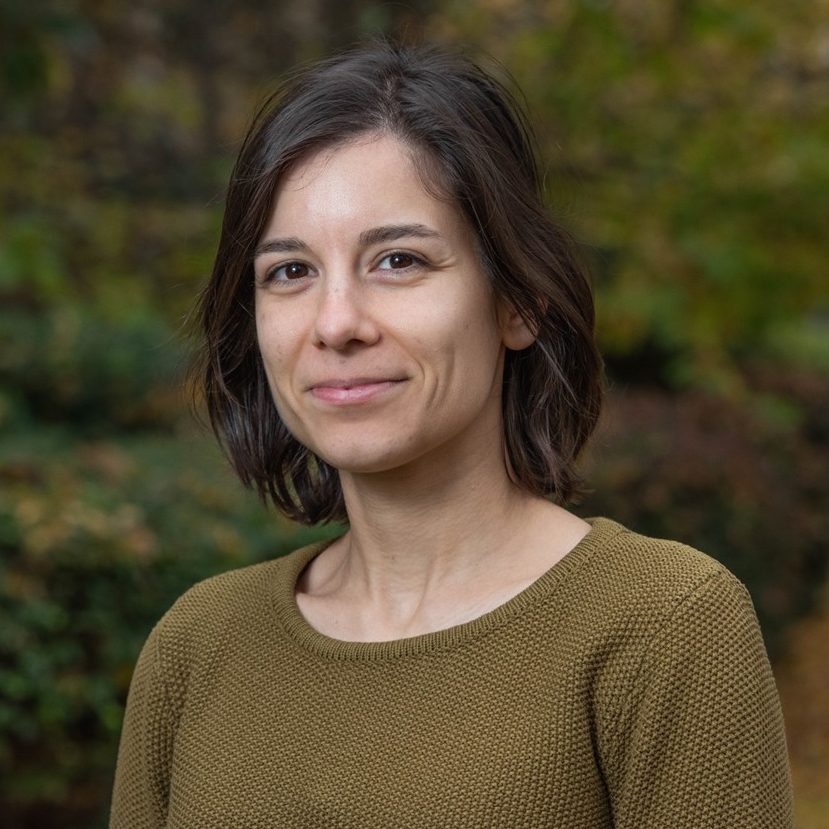Dr Adriana Zanca
Wholistic cell modelling
Cell behaviour is driven by both internal and external forces. One aim (among many others) of whole cell modelling efforts is to account for intercellular interactions with other cells and the external environment. There are multiple theoretical frameworks that may describe external interactions with a cell. In this talk, we will discuss a random dynamical systems approach. A benefit of using random dynamical systems is the ability to readily account for deterministic and stochastic effects, both of which play a significant role in biology. The theoretical framework will be introduced in a general (but accessible) way, with a choice subset of specific examples provided. The examples presented will build from the ‘simplest’ case, where external interactions are considered a ‘compartment’ of a cell model, to increasingly complex multicellular systems that incorporate spatiotemporal dynamics. In each case, the strengths and limitations of each example will be discussed, as well as the kinds of questions that each approach can provide insight into.

Dr. Adriana Zanca
Tutor and Research Fellow in Mathematics and Systems Biology, The University of Melbourne
Adriana Zanca is a Tutor and Research Fellow in Mathematics and Systems Biology in the School of Mathematics and Statistics and the School of BioSciences at the University of Melbourne. Adriana completed her PhD in mathematical and computational modelling of wound healing at the University of Melbourne in 2023. Adriana is passionate about creating a broader interest in mathematics and how it can be applied to ‘real world’ problems. A core component of increasing curiosity in mathematics is communication. Adriana has received multiple awards for communication, including the TM Cherry Prize for best student talk at the Australia and New Zealand Industrial and Applied Mathematics 2022 conference. Adriana also has a keen interest in mathematics education.
She has worked as a tutor and on several mathematical education projects – such as help programs for non-mathematics students, and the use of online and digital tools for visualising and conceptualising mathematical ideas – for more than eight years. Adriana strives to improve culture and gender representation among the mathematical sciences community. She has co-organized multiple workshops and mini-symposia and is an active member of the Women in Mathematics Special Interest Group, a branch of the Australian Mathematical Society.
